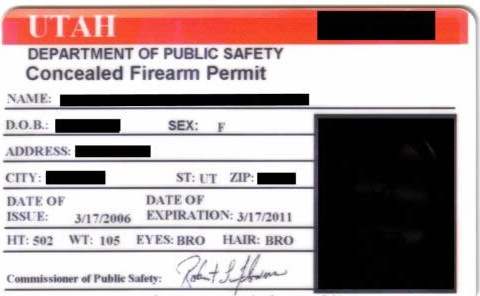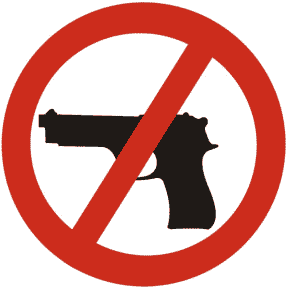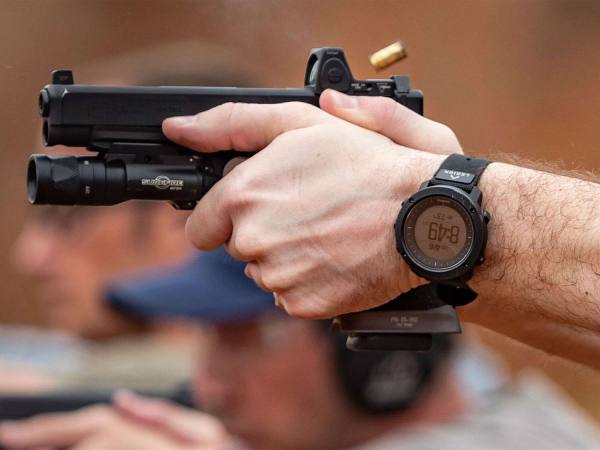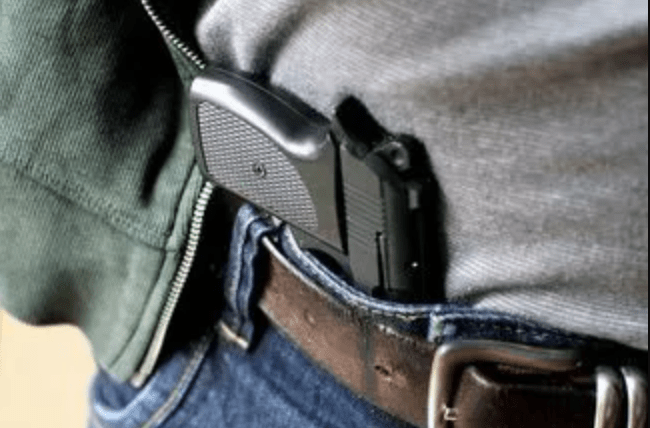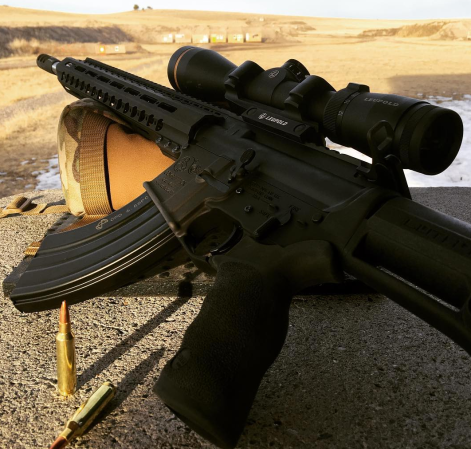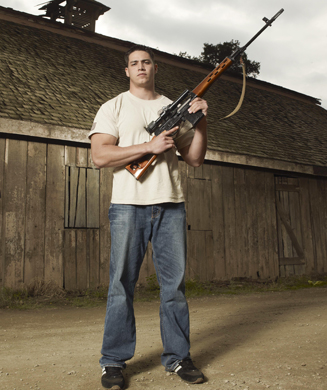We may earn revenue from the products available on this page and participate in affiliate programs. Learn More ›
With layoffs and recession woes continuing to hound most sectors of the American business community, there’s one profession that’s showing strong growth, despite a struggling economy: Utah Concealed Weapons Permit course instructor.
With Utah’s concealed-weapon permit currently recognized in 32 states–considerably more than any other–the market for its state-certified course instructors has become something of a cottage industry. The popularity and wide reciprocity of the permit has spawned the regular presentation of permit classes by Utah-certified instructors in urban areas across the country, including unlikely cities like Chicago and New York.
As of July, The Beehive State had certified 1,123 instructors for its concealed-carry permit courses, up from 926 at the end of last year, and from 825 in 2008.
Presently, a total of 246,831 Americans hold a Utah CWP, a number that has increased by more than 35,000 since January 2010.
According the Utah Bureau of Criminal Identification, the agency entrusted with issuing the permits, nearly 70,000 licenses have been applied for over the last three fiscal years.
“You don’t have to go too many years back to see when we didn’t have many (instructors),” UBCI firearms section supervisor Jason Chapman told the Salt Lake Tribune. “It’s really exploded the last few years.”
Utah CCW permits are good for five years and cost $10 to renew. All applicants–regardless of residency–are required to pass a four-hour Weapons Familiarity Certification in addition to the routine background checks and fingerprinting. The total cost to apply for a Utah permit is $65.25 (non-refundable), which includes the $35.00 application and permit fee and $30.25 for FBI fingerprint processing.
Only ten persons who have been certified to teach Utah CCW courses–less than 1 percent–have lost their licenses for instruction. Most of the revocations were due to court orders, while one was the result of the instructor teaching his course via Internet, which is forbidden by state policy.
